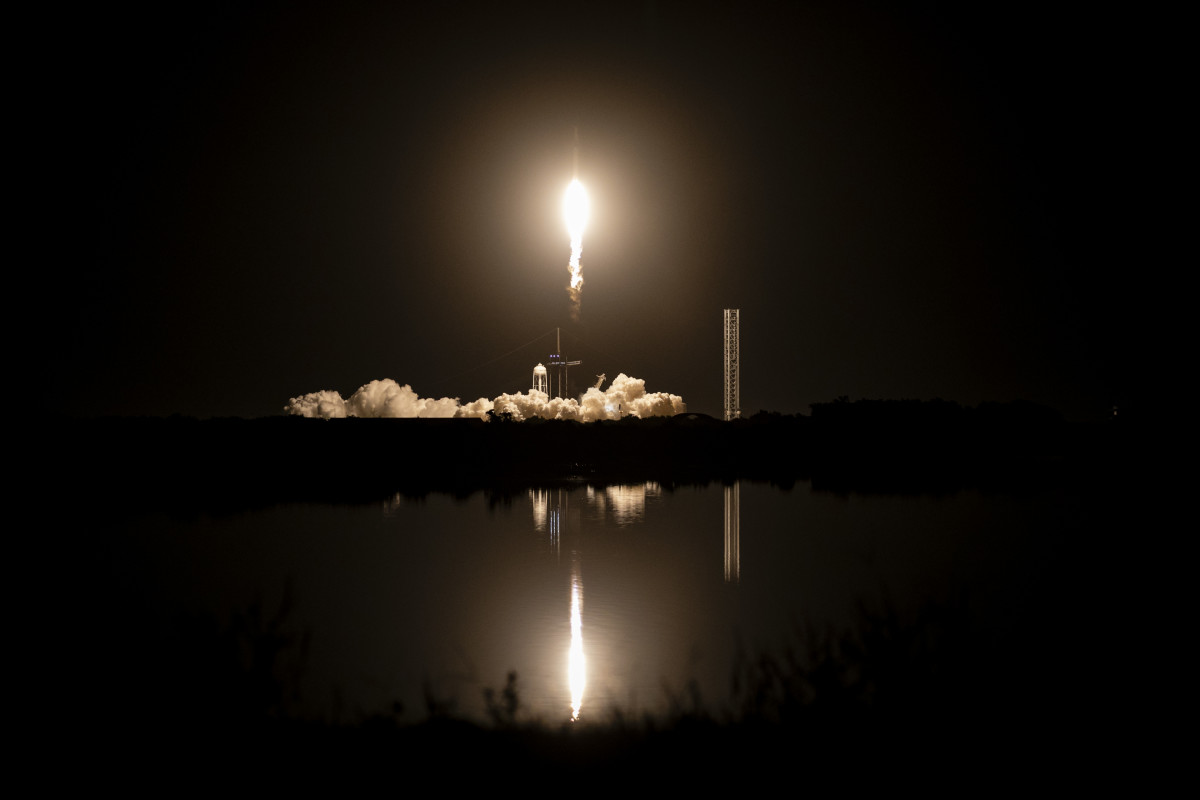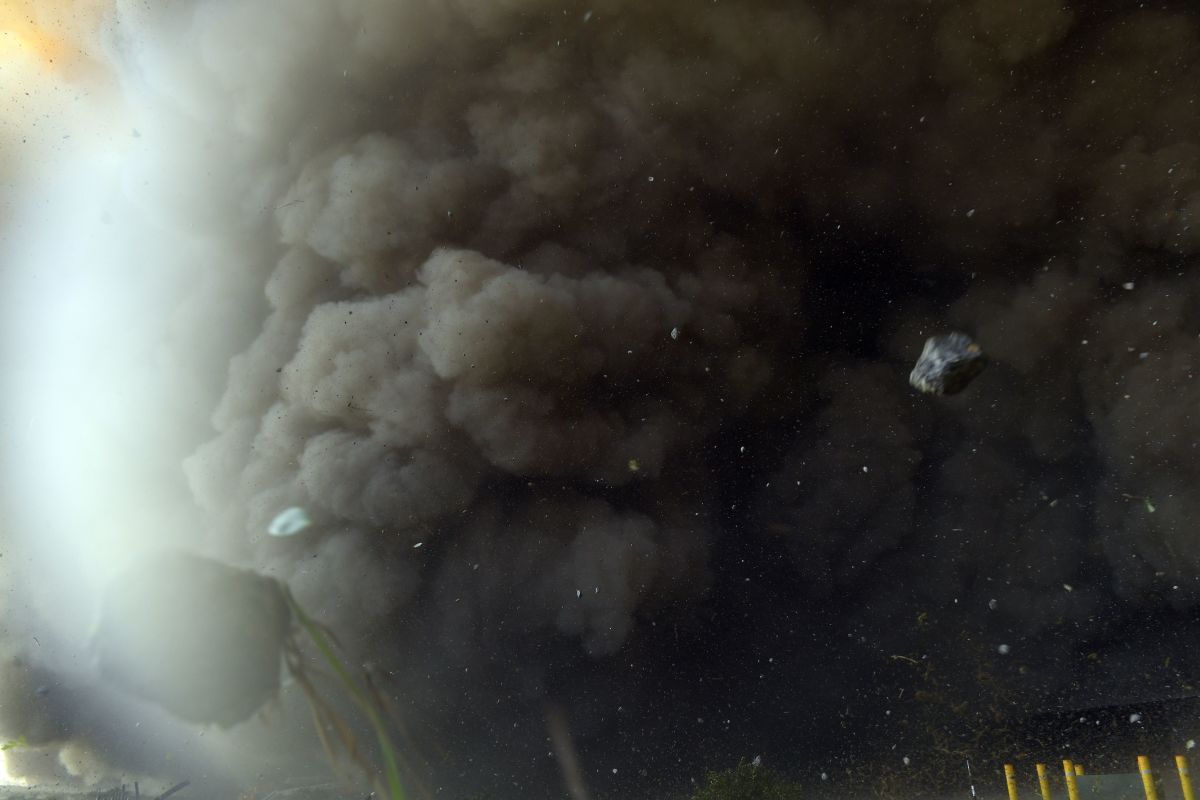
Elon Musk wants to develop and sell cars that can drive themselves. He wants to design and deploy his own artificial intelligence model. He wants to create and install life-changing brain chips. But one of his biggest goals is to help humanity become an interplanetary species. Starship, the most powerful rocket ever built, is designed to do just that.
But after the initial April launch of the vehicle, which resulted in the destruction of the launchpad, the mid-air destruction of the vessel and damage to the surrounding environment, SpaceX will need to rack up the approval of several regulatory bodies before it flies Starship again.
Related: Regulators ground Elon Musk's Starship for the foreseeable future
The Federal Aviation Administration wrapped up its months-long (standard) mishap investigation into the initial launch Sept. 8, saying that SpaceX would need to make 63 corrective actions before a second test flight.
The FAA said Sept. 18 that it expects Starship will be ready to fly by mid-to-late October.
But as SpaceX engineers work to improve the safety of Starship, a second flight of the vehicle might not happen for months.
The U.S. Fish and Wildlife Service, according to Bloomberg, must complete a review of SpaceX's water deluge system prior to its next launch. The review, agency officials said, could take anywhere from 30 to 135 days.
Officials have yet to begin the process.
More SpaceX:
- Environmental Groups Make Serious Move After Damaging SpaceX Explosion
- Elon Musk says SpaceX Starship is ready to launch; regulators don't agree
- Investor Says $150 Billion SpaceX Valuation Seems Too Good to Be True
"That is unacceptable," Musk wrote in a post on X. "It is absurd that SpaceX can build a giant rocket faster than they can shuffle paperwork!"

Earlier in the month, Musk, sharing a video of Starship on the launch pad, said that the rocket was "ready to launch, awaiting (FAA) license approval."
Several environmental groups sued the FAA in the wake of the first flight for allowing SpaceX to launch Starship without properly considering the environmental impact. The plaintiffs — whose claims have largely been denied by the FAA and SpaceX — are seeking a temporary retraction of SpaceX's operational license, among other things.
Action Alerts PLUS offers expert portfolio guidance to help you make informed investing decisions. Sign up now.







